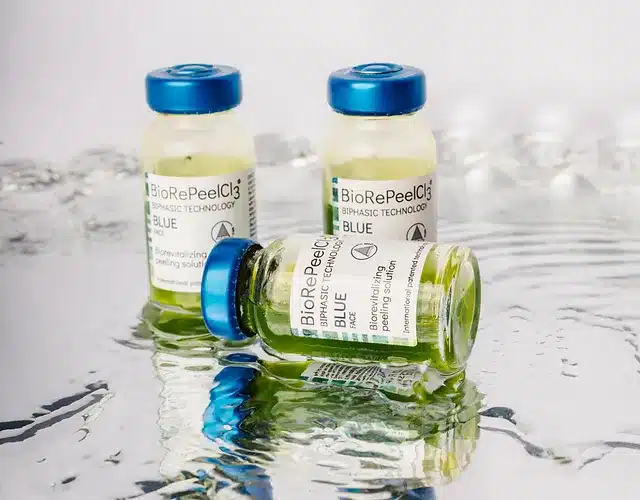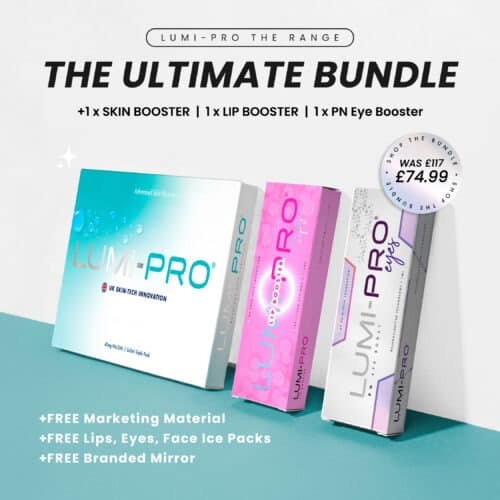Welcome to your go-to guide for achieving that coveted healthy, glowing skin! Whether you’re a skincare newbie or a seasoned enthusiast, this blog will walk you through the essentials of a solid skincare routine, share expert tips, and debunk common myths. Let’s dive into the world of skincare and unlock the secrets to a radiant complexion!
Why Skincare Matters
Your skin is your body’s largest organ, acting as a protective barrier against environmental stressors like pollution, UV rays, and bacteria. A consistent skincare routine not only enhances your appearance but also supports your skin’s health, helping it stay hydrated, resilient, and youthful. Plus, taking time for self-care can be a relaxing ritual in today’s fast-paced world.
The Core of a Skincare Routine
A great skincare routine doesn’t need to be complicated. Here’s a simple, effective framework that works for most skin types (oily, dry, combination, or sensitive):
1. Cleanser: Start Fresh
Why? Cleansing removes dirt, oil, makeup, and impurities, preventing clogged pores and breakouts.
How? Use a gentle cleanser suited to your skin type twice daily—morning and night. For oily skin, try a gel-based cleanser. For dry or sensitive skin, opt for a creamy or hydrating formula.
Tip: Avoid harsh soaps or over-cleansing, which can strip your skin’s natural oils and cause irritation.
2. Toner: Balance and Prep
Why? Toners help restore your skin’s pH, remove any leftover residue, and prep your skin to absorb subsequent products.
How? Apply a toner with a cotton pad or your hands after cleansing. Look for ingredients like witch hazel for oil control or rose water for hydration.
Tip: Skip alcohol-based toners, as they can be drying. Choose one with soothing ingredients like aloe vera or niacinamide.
3. Serum: Target Specific Concerns
Why? Serums are lightweight, concentrated formulas that address specific issues like dark spots, fine lines, or dullness.
How? Apply a few drops after toning. Popular ingredients include:
Vitamin C: Brightens and fights free radical damage.
Hyaluronic Acid: Boosts hydration.
Retinol: Reduces fine lines and promotes cell turnover (use at night).
Tip: Start with one serum to avoid overwhelming your skin, and always patch-test new products.
4. Moisturizer: Lock in Hydration
Why? Moisturizers hydrate and seal in your skincare products, keeping your skin soft and supple.
How? Choose a lightweight gel for oily skin or a richer cream for dry skin. Apply morning and night.
Tip: Look for moisturizers with ceramides or peptides to strengthen your skin barrier.
5. Sunscreen: Your Non-Negotiable
Why? UV rays cause premature aging, hyperpigmentation, and increase the risk of skin cancer. Sunscreen is your best defense.
How? Apply a broad-spectrum SPF 30 or higher every morning, even on cloudy days. Reapply every 2 hours if you’re outdoors.
Tip: Mineral sunscreens (with zinc oxide or titanium dioxide) are great for sensitive skin, while chemical sunscreens are often lighter for oily skin.
Skincare Myths Debunked
Myth: You don’t need sunscreen indoors.
Truth: UVA rays penetrate windows, so apply sunscreen daily, even if you’re staying inside.
Myth: Oily skin doesn’t need moisturizer.
Truth: Skipping moisturizer can make oily skin produce more oil to compensate. Use a lightweight, non-comedogenic moisturizer.
Myth: Expensive products are always better.
Truth: Effective ingredients matter more than brand names. Drugstore products with proven actives like niacinamide or retinol can work just as well.
Myth: You’ll see results overnight.
Truth: Skincare is a long game. Most products take 4–8 weeks to show noticeable results, so be patient and consistent.
Tips for Specific Skin Concerns
Acne: Use products with salicylic acid or benzoyl peroxide to unclog pores and reduce inflammation. Avoid picking at pimples to prevent scarring.
Dryness: Incorporate hydrating ingredients like hyaluronic acid, glycerin, or squalane. Consider a humidifier to add moisture to your environment.
Hyperpigmentation: Vitamin C, niacinamide, or alpha arbutin can help fade dark spots. Always pair with sunscreen to prevent worsening.
Aging: Retinol and peptides are your allies for reducing fine lines and boosting collagen. Start with a low-strength retinol to avoid irritation.
Lifestyle Boosts for Better Skin
Skincare isn’t just about products—your lifestyle plays a huge role:
Hydrate: Drink plenty of water to keep your skin plump and healthy.
Eat Well: A diet rich in antioxidants (think berries, leafy greens, and nuts) supports skin health.
Sleep: Aim for 7–9 hours of quality sleep to allow your skin to repair itself.
Manage Stress: High stress levels can trigger breakouts or exacerbate conditions like eczema. Try meditation or yoga to stay balanced.
Skincare for Every Budget
You don’t need to break the bank to have great skin. Here are some affordable and effective product recommendations (always check for your skin type and sensitivities):
Cleanser: CeraVe Hydrating Cleanser or Cetaphil Gentle Skin Cleanser.
Serum: The Ordinary Niacinamide 10% + Zinc 1% for oil control and brightening.
Moisturizer: Neutrogena Hydro Boost Gel-Cream for hydration.
Sunscreen: La Roche-Posay Anthelios Melt-in Milk SPF 60.
For those willing to splurge, brands like SkinCeuticals (Vitamin C serums) or Drunk Elephant (hydrating moisturizers) offer high-quality options.
Final Thoughts: Glow at Your Own Pace
Skincare is personal, and there’s no one-size-fits-all approach. Listen to your skin, experiment with products, and give your routine time to work its magic. Consistency is key, so stick with it, and you’ll be glowing in no time!
Got a specific skin concern or product question? Drop it in the comments, and let’s chat! Stay radiant, and don’t forget your SPF.
Note: Always consult a dermatologist for persistent skin issues or before starting new active ingredients, especially if you have sensitive skin or conditions like eczema or rosacea.
order before 3pm for same day dispatch
SIGN IN / REGISTER TO COLLECT POINTS













